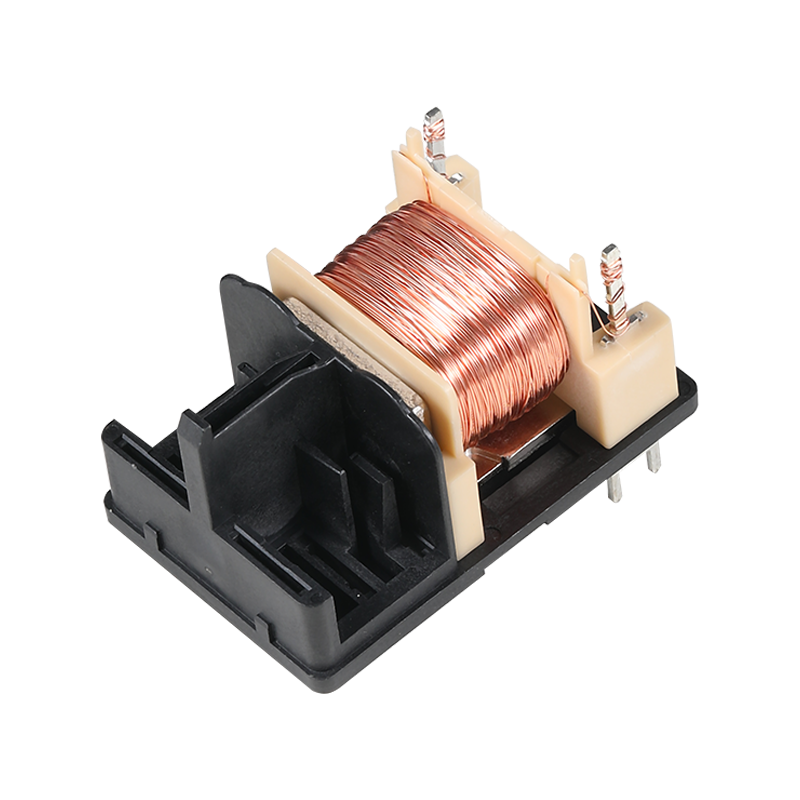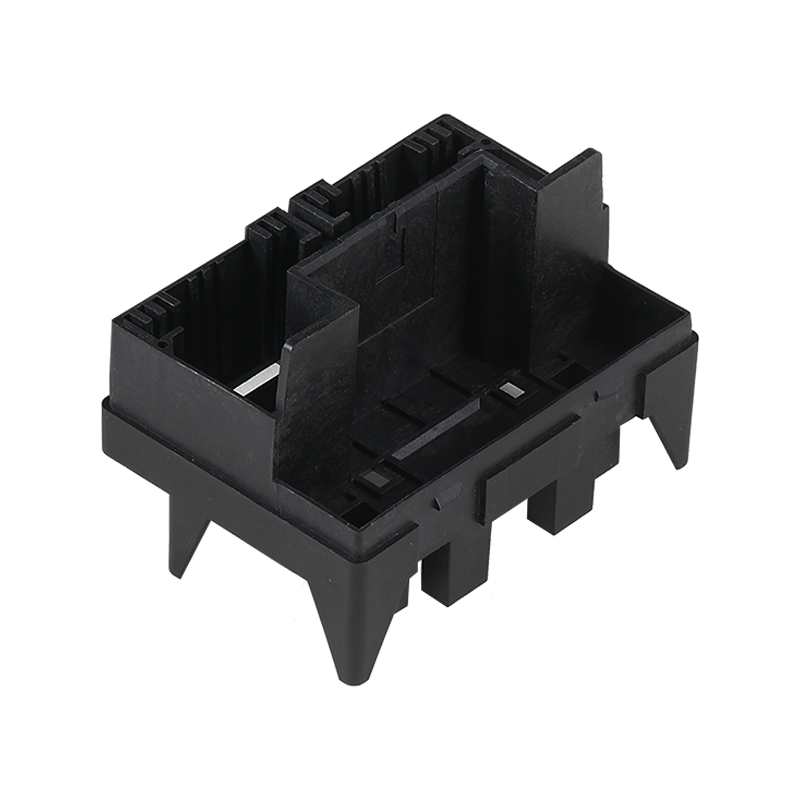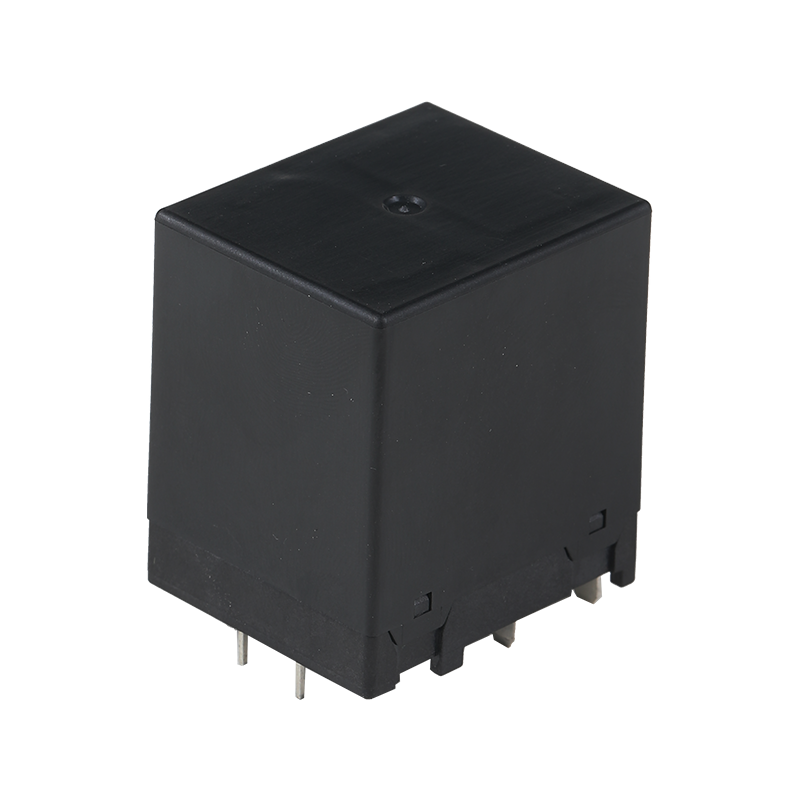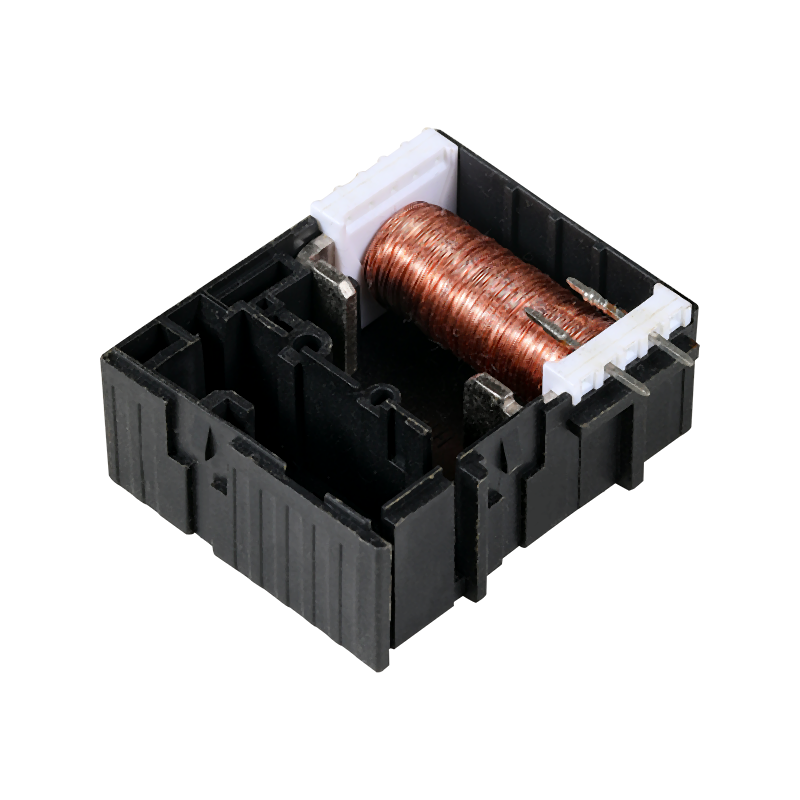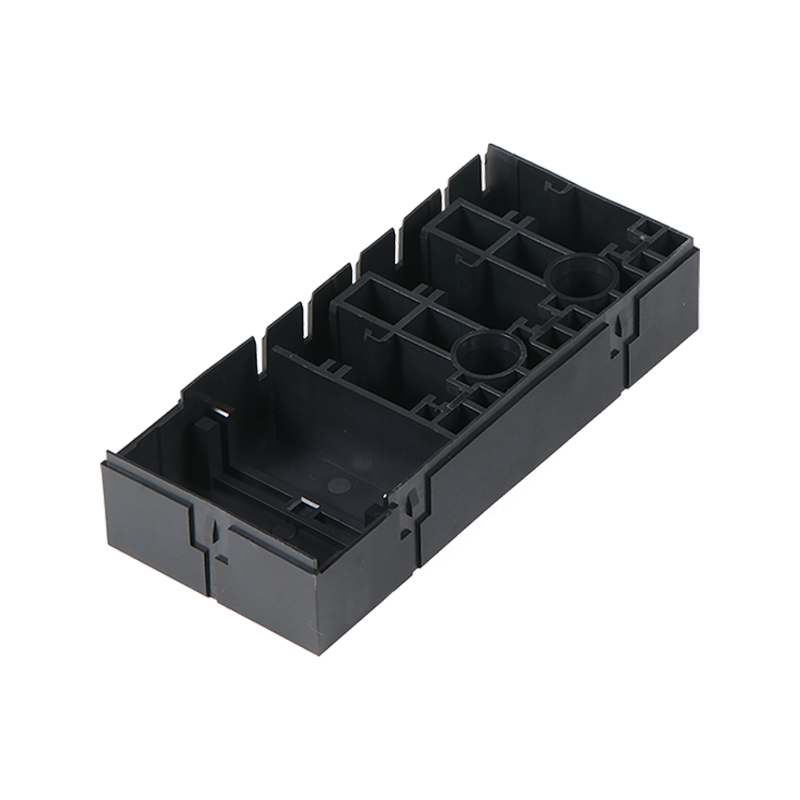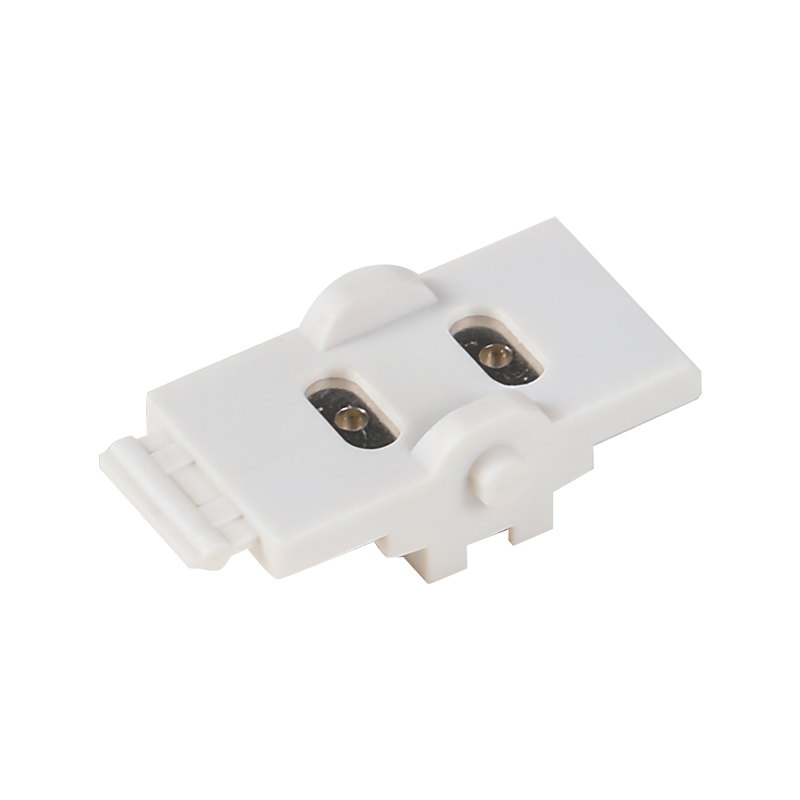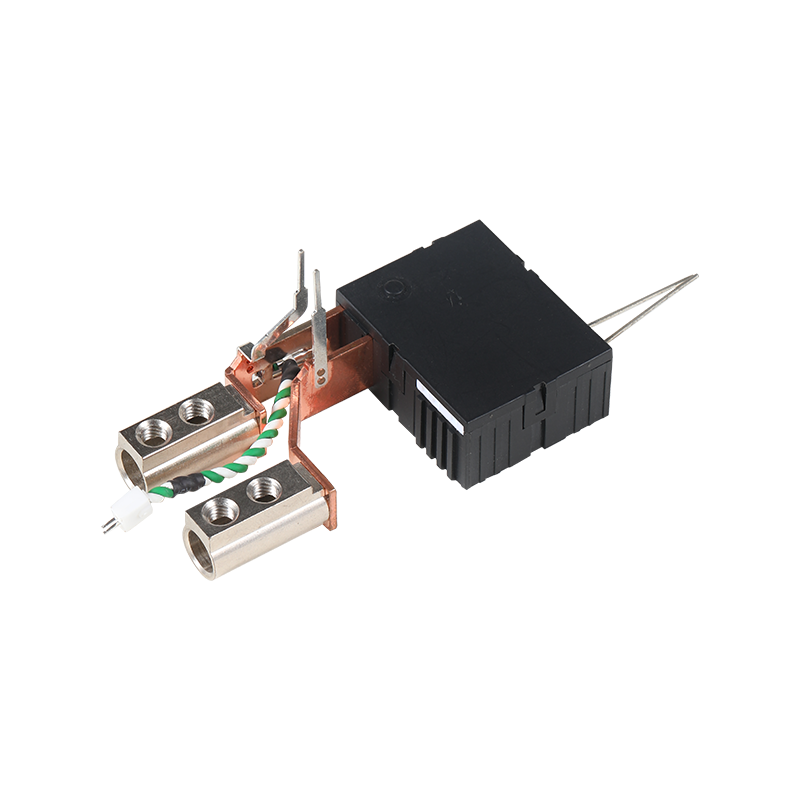
One such innovation is the magnetic connector, a technology that has been gaining traction for its convenience and practicality in various applications.
Magnetic wire connectors represent a significant advancement in the field of electrical connections. These connectors utilize the power of magnetism to create a secure and reliable connection between wires. The primary advantage of magnetic wire connectors is their ease of use; they can be easily attached and detached without the need for soldering or complex mechanical fastenings. This not only speeds up the connection process but also allows for quick adjustments and reconfigurations when necessary.
Magnetic cable connectors take the concept a step further, offering a solution for connecting cables in a variety of settings. These connectors are designed to magnetically attach to the ends of cables, providing a secure hold and ensuring that the connection remains intact even under stress or movement. This is particularly beneficial in environments where cables are frequently moved or where the risk of disconnection could pilot significant downtime or safety concerns.
Magnetic charging connectors have emerged as a popular alternative to traditional charging methods. By using magnets to align and secure the charging connection, these connectors offer a higher degree of user-friendliness and safety. They eliminate the need for precise alignment of charging ports, reducing the risk of damage to the charging port or connector. Additionally, magnetic charging connectors can be designed to be waterproof or dustproof, making them ideal for use in harsh environments or where moisture is a concern.
The benefits of magnetic connectors are manifold. They offer a quick and easy connection method that reduces the risk of electrical shorts and increases the lifespan of connected devices. The magnetic nature of these connectors also allows for a certain degree of flexibility, as they can accommodate slight misalignments without compromising the connection's integrity. This is especially useful in applications where connectors may be subject to vibration or movement.
Magnetic connectors are finding their way into a variety of applications, from consumer electronics to industrial machinery. In the automotive industry, for example, magnetic connectors can be used to secure electrical connections in vehicles, reducing the complexity of wiring harnesses and improving the overall reliability of the vehicle's electrical system. In the world of consumer electronics, magnetic charging connectors are becoming increasingly popular for their convenience and safety, particularly in devices that are frequently used in wet or dusty conditions.
As technology continues to evolve, the demand for more efficient and user-friendly connectivity solutions is on the rise. Magnetic connectors offer a promising avenue for innovation in this area, with the potential to revolutionize the way we connect and interact with our devices. With ongoing research and development, it is likely that we will see even more advanced magnetic connector technologies in the future, further enhancing the capabilities and convenience of our electronic devices.
In conclusion, magnetic connectors, including wire, cable, and charging varieties, are an innovative solution that addresses many of the challenges associated with traditional connection methods. Their ease of use, reliability, and adaptability make them an attractive option for a wide range of applications, and their continued development is likely to have a significant impact on the future of connectivity in the electronics industry.

 English
English 中文简体
中文简体 русский
русский



